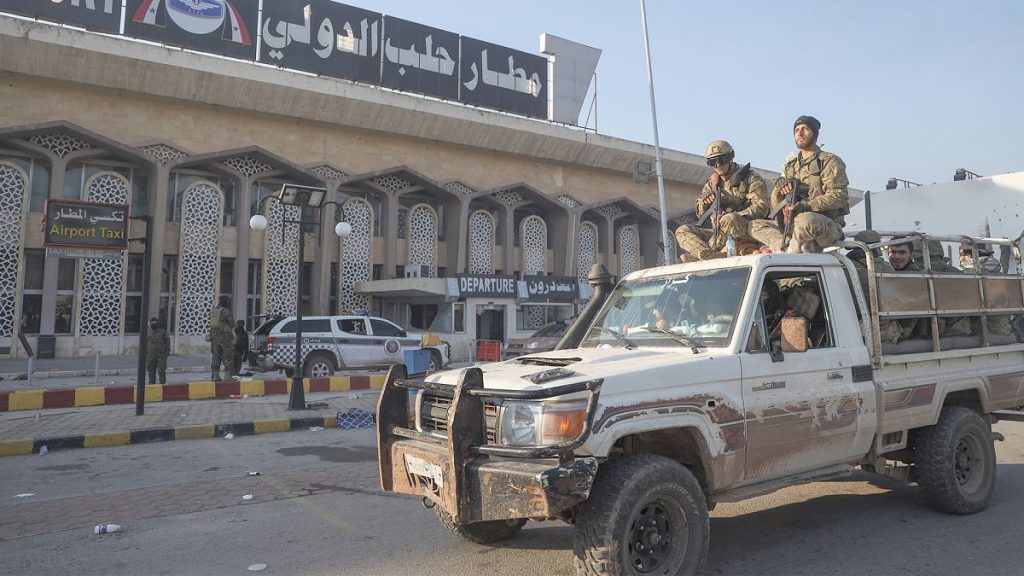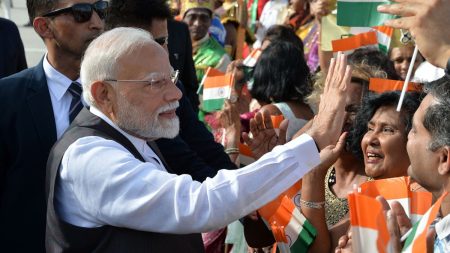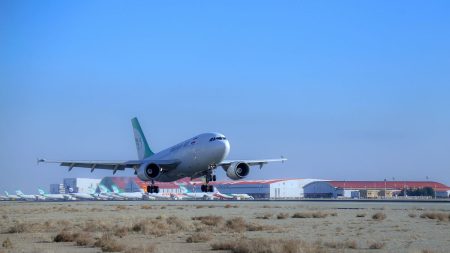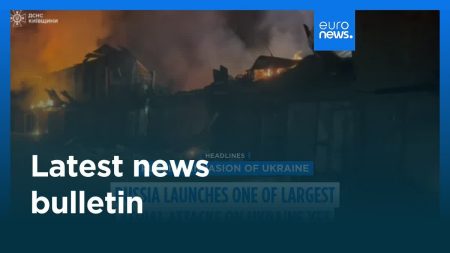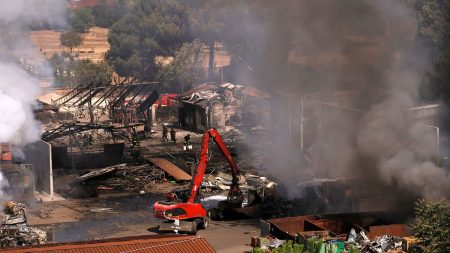The ongoing war in Syria, which began in 2011, has reignited recently amid a backdrop of regional tensions and shifting alliances. The initial uprising against President Bashar al-Assad’s secular autocratic regime quickly transformed into a complex civil war, exacerbated by the involvement of external powers supporting various factions within Syria. As the Syrian Army struggles against a resurgent Turkish-backed Jihadist militia, the precarious balance of power among different militias and their foreign backers threatens to plunge the country back into widespread conflict. The renewed violence comes after a period of relative stability, emphasizing the tenuous state of peace that maintains itself in the region.
The origins of the conflict lie in Assad’s long-standing authoritarian rule, which maintained control over Syria’s diverse Islamic and ethnic communities for nearly six decades through repression and strategic alliances, notably with the Soviet Union and later Russia. The spark of the current crisis was lit during the Arab Spring in 2011, when popular protests against Assad’s regime escalated into armed conflict, resulting in devastating consequences: more than 300,000 deaths, displacement of millions, and the rise of extremist groups like ISIS. Foreign powers quickly entered the fray, with countries like Turkey, Saudi Arabia, and Qatar supporting the opposition, while Iran and Russia came to Assad’s aid, seeking to preserve their strategic interests in the region.
The initial years of the war saw significant territorial losses for Assad’s forces against various militant factions, particularly ISIS, which managed to seize a substantial part of Syrian territory and declared a Caliphate. The full-scale intervention by Russia and Iran in 2015 significantly altered the war’s dynamics. Both nations aimed to prevent the collapse of Assad’s regime, which was crucial for their regional influence. Russia’s military capabilities, including air power and the use of private military contractors like Wagner, and Iran’s support through the Revolutionary Guard and its proxy Hezbollah, allowed Assad to regain substantial territory, including the strategic city of Aleppo, which had been under siege by opposition forces.
Despite these gains, Syria remains fragmented, with various factions controlling distinct territories. The Assad regime has reportedly regained approximately 80% of the country, yet several regions remain under non-governmental armed groups’ authority. The northern areas include the Syrian Salvation Government, which, backed by Turkey and Qatar, has recently launched incursions aimed at consolidating power and countering Kurdish influence. The northern territories are similarly divided, hosting Kurdish forces with U.S. support and various opposition groups aligned with Turkey. This fragmentation complicates prospects for peace, as competing interests continue to fuel instability and conflict.
In addition to the dominant Syrian factions, the Kurdish-led Autonomous Administration of North and East Syria operates in oil-rich regions and remains a key player, supported by the United States. This entity represents a diverse coalition of forces that have fought against ISIS and aims to establish a democratic federal structure, although it is routinely challenged by Turkish incursions targeting Kurdish militants. Meanwhile, the U.S. maintains a military presence in Al-Tanf, conducting operations against Iranian positions while working alongside anti-Assad factions amidst a complex web of allegiances and conflicts that define the ongoing war.
As the Syrian conflict continues to unfold, the prospect of a lasting resolution remains uncertain. The latest surge in hostilities highlights how swiftly alliances can shift and how fragile the status quo is. Various regional powers maintain their influence in Syria through their proxies, and local actors remain entrenched in their respective positions, often at odds with one another. The ethnic and sectarian fractures within Syria serve as constant reminders of the underlying tensions that have driven this multifaceted conflict, as the prospect of peace remains as elusive as ever amidst the turmoil and suffering of the Syrian population.




